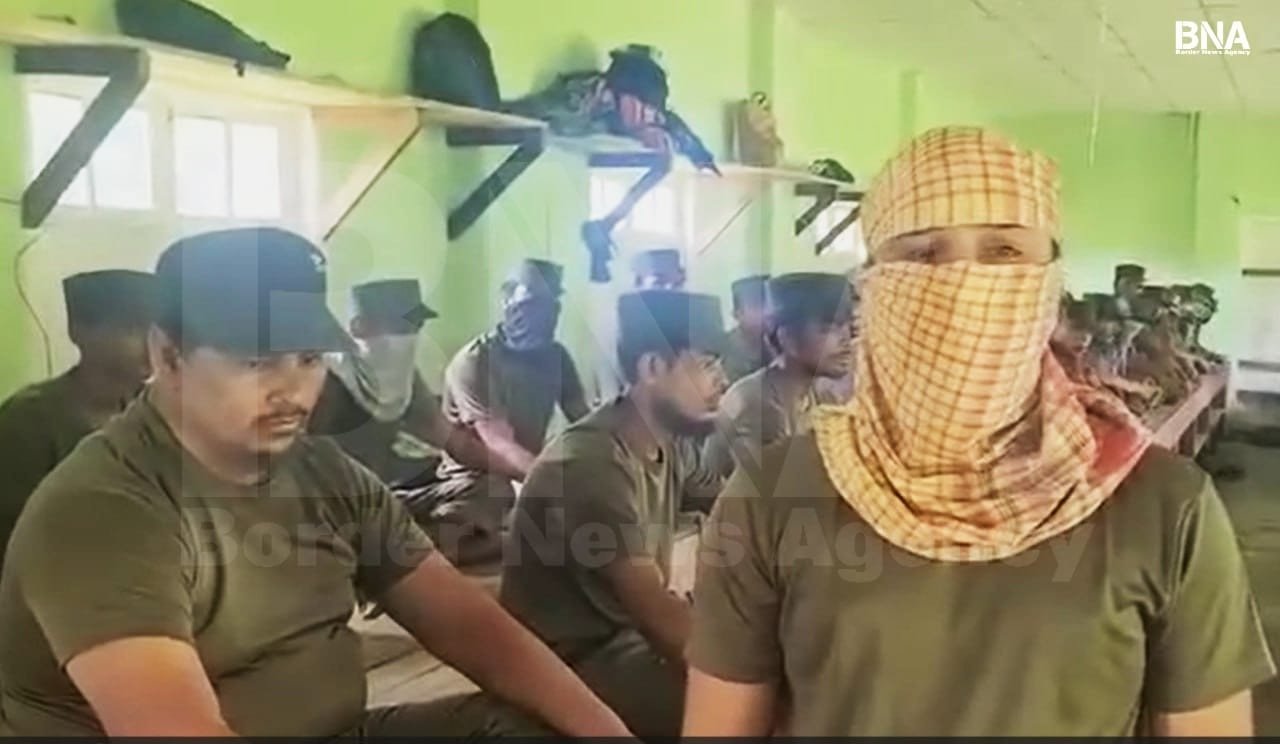At the Arakan-Bangladesh border, a new Muslim armed group is providing military training to some Rohingya refugees in Bangladeshi refugee camps to commit acts of terrorism against the Arakan Army and the Arakanese people.
The Arakan National Defender Force (ANDF) is reportedly providing military training to over 200 Rohingya individuals, with the intention of launching attacks against the Arakan Army.
Locals in Maungdaw report that armed militants claiming to be Rohingya are committing acts of terrorism along the Arakan-Bangladesh border, which is fully controlled by the Arakan Army.
Refugees report that these armed militants, claiming to be Rohingya, are also committing acts of violence against Rohingya refugees in camps located in Bangladesh.
However, Bangladeshi citizens and Rohingya refugees claim that Bangladeshi authorities, including government officials, military personnel, border guards, and security forces, are not effectively taking action to combat terrorism.
The Muslims claims that during the battles for control of Maungdaw District, over 3,000 to 5,000 armed militants, identifying as Rohingya, joined forces with the junta troops to resist and fight against the Arakan Army.
Rohingya refugees claim that over 1,000 armed Rohingya militants were killed or wounded, while another 1,000 were captured by the Arakan Army. Some of the remaining armed men reportedly fled to Bangladesh.
Locals in Maungdaw District report that these armed militants, identifying as Rohingya, are not only crossing the border to commit acts of terrorism but are also targeting minority communities. They are reportedly carrying out violent killings, arbitrary arrests, abductions, and arson attacks on villages in the region.
Therefore, the international community suggests that the Arakan Army, in cooperation with the Bangladeshi government and international actors, should conduct counter-terrorism operations to address the presence of armed militants along the Arakan-Bangladesh border and in Maungdaw District. Additionally, they emphasize the need to protect minority communities in the region.






